Industry information
Company News
- Punched aluminum veneer: a fashionable choice for modern architecture?
- Infinite creativity, perforated aluminum veneer interprets the beauty of modern architecture
- Punched aluminum veneer: a perfect combination of fashion and practicality
- Chimei hyperbolic aluminum veneer: creating a futuristic space wizard
- Fashionable industrial style, new trend of hyperbolic aluminum veneer
Industry dynamics
- How beautiful is the aluminum veneer of the curtain wall?
- Hyperbolic aluminum veneer: The beauty of architecture lies within a single panel
- Effective sales strategy for aluminum veneer
- Aluminum veneer, the 'silver cloak' of modern architecture
- Design inspiration for stone patterned aluminum veneer
Frequently asked questions
- How does aluminum veneer provide the weather resistance required for modern buildings?
- What impact does aluminum veneer have on the durability of buildings?
- What is the sound absorption effect of aluminum veneer?
- Can aluminum veneer be used for building insulation design?
- What is the antioxidant performance of aluminum veneer?
contact us
Mobile:+86 15627778610
Email: 2201229786@qq.com
Address: No. 5 Binjiang Road, High tech Zone, Zhaoqing City, Guangdong Province
What are the advantages of aluminum veneer in curtain walls compared to glass curtain walls?
- Author: Jinba Aluminum Industry (Guangdong) Co., Ltd
- Release time: February 15, 2025 19:58:59
- Click:0

curtainAluminum veneerBoth glass curtain walls and exterior wall decorations are common building materials, each with unique advantages. This article will compare aluminum veneer curtain walls with glass curtain walls in terms of materials, insulation performance, and maintenance, in order to help customers better choose products that are suitable for themselves.
1、 Materials
The main material of aluminum veneer for curtain walls is aluminum alloy, while glass curtain walls mainly use materials such as glass and structural adhesive. In contrast, aluminum alloy has higher strength and corrosion resistance, and can adapt to various climatic conditions and environmental requirements; Glass, on the other hand, has the characteristics of high transparency and beautiful appearance.
2、 Thermal insulation performance
The thermal insulation performance of curtain wall aluminum veneer is relatively poor, and its heat transfer coefficient is generally between 0.8-2.0 W/(m · K). Glass curtain walls have good thermal insulation performance, which can effectively reduce the transfer of indoor and outdoor heat and lower energy consumption. Glass curtain walls can also use technologies such as double-layer or three-layer insulated glass to further improve their thermal insulation performance.
3、 Maintenance and upkeep
The surface coating of curtain wall aluminum veneer is generally made of materials with poor weather resistance such as polyester coating or fluorocarbon paint, which are easily affected by ultraviolet radiation and rainwater erosion and require regular maintenance. Glass curtain walls are relatively easy to clean and maintain, and only require regular wiping to maintain a good appearance.
4、 Security
Aluminum veneer for curtain walls has good seismic performance during natural disasters such as earthquakes, which can reduce the degree of damage to buildings; Glass curtain walls, on the other hand, are relatively fragile and prone to rupture or fall during disasters such as earthquakes, causing injuries. For high-rise buildings and other places that require safety considerations, it is recommended to choose curtain wall aluminum panels as decorative materials.
5、 Applicable scenarios
Curtain wall aluminum veneer is suitable for various architectural styles and scenes, such as commercial centers, residential buildings, airport terminals, etc; Glass curtain walls are more suitable for high-rise buildings, office buildings, and other places. Glass curtain walls can also be customized according to different design requirements to meet customers' personalized needs.
Aluminum veneer and glass curtain walls each have their own advantages and disadvantages, and customers should evaluate and choose based on their actual situation when choosing. If emphasis is placed on thermal insulation and seismic performance, aluminum veneer for curtain walls can be chosen; If you value aesthetics and safety, you can choose a glass curtain wall.

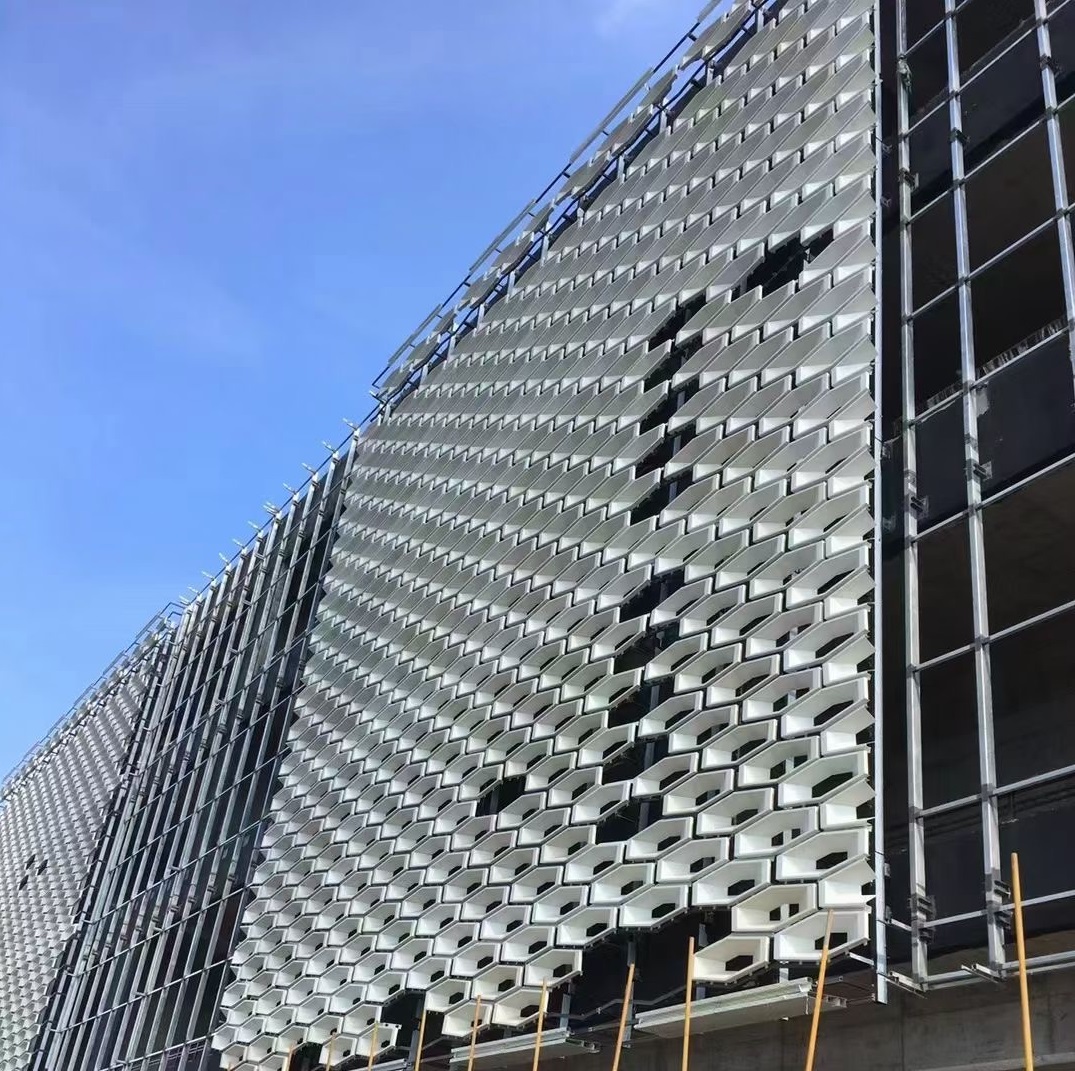
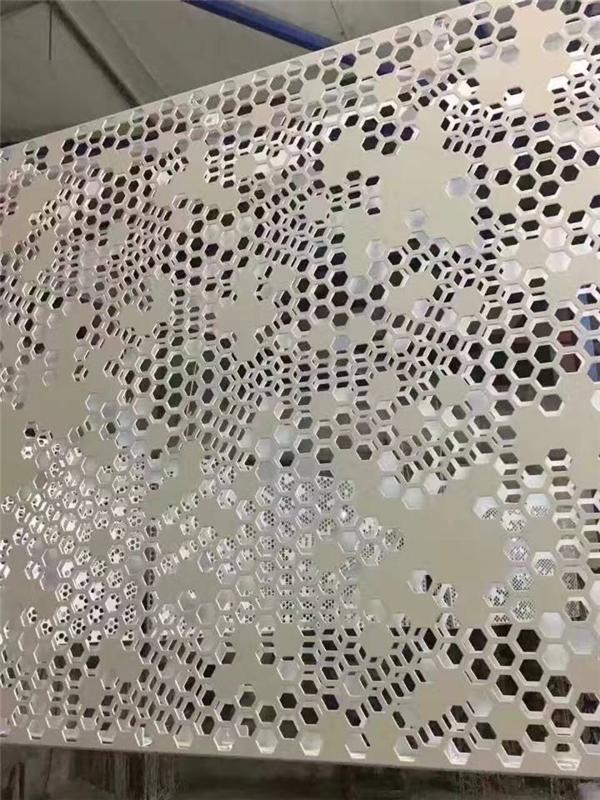
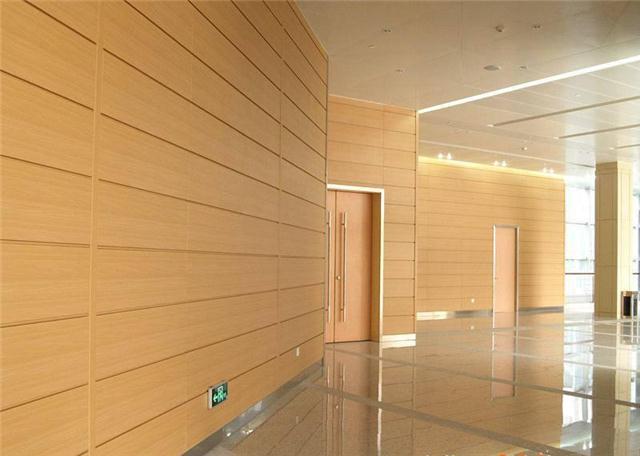
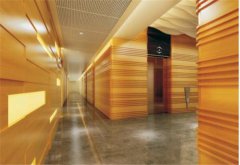
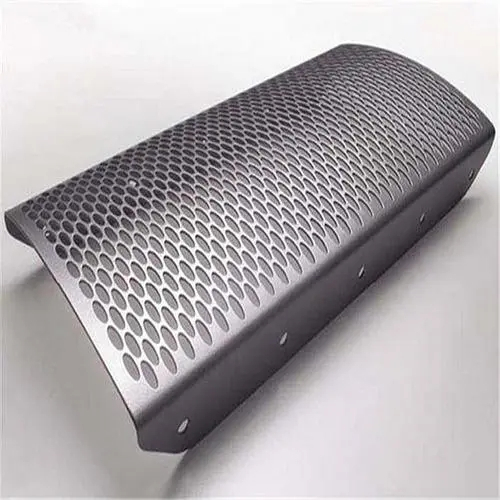
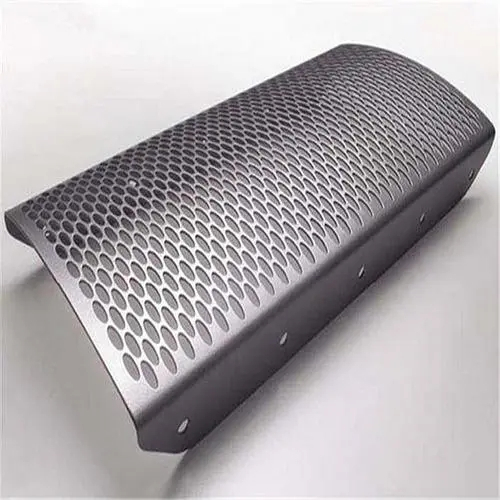
 Customer service QQ
Customer service QQ